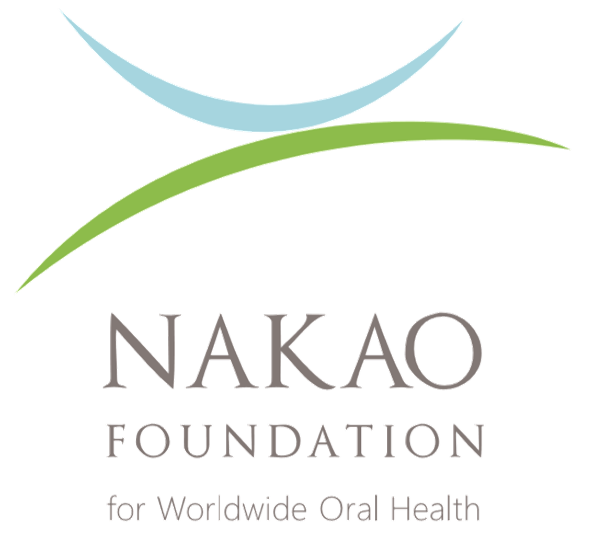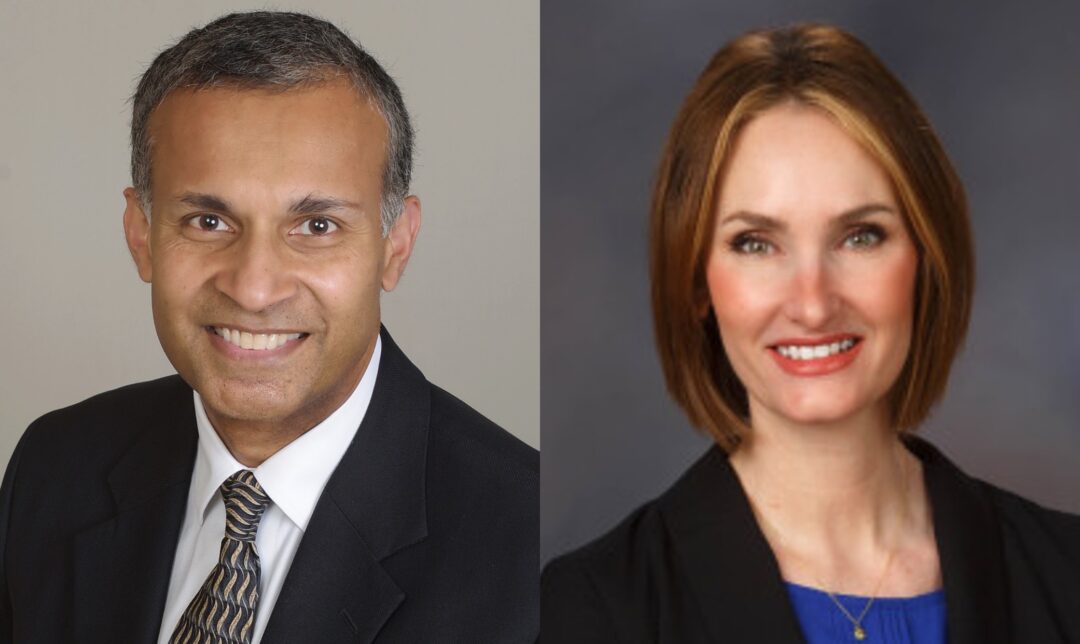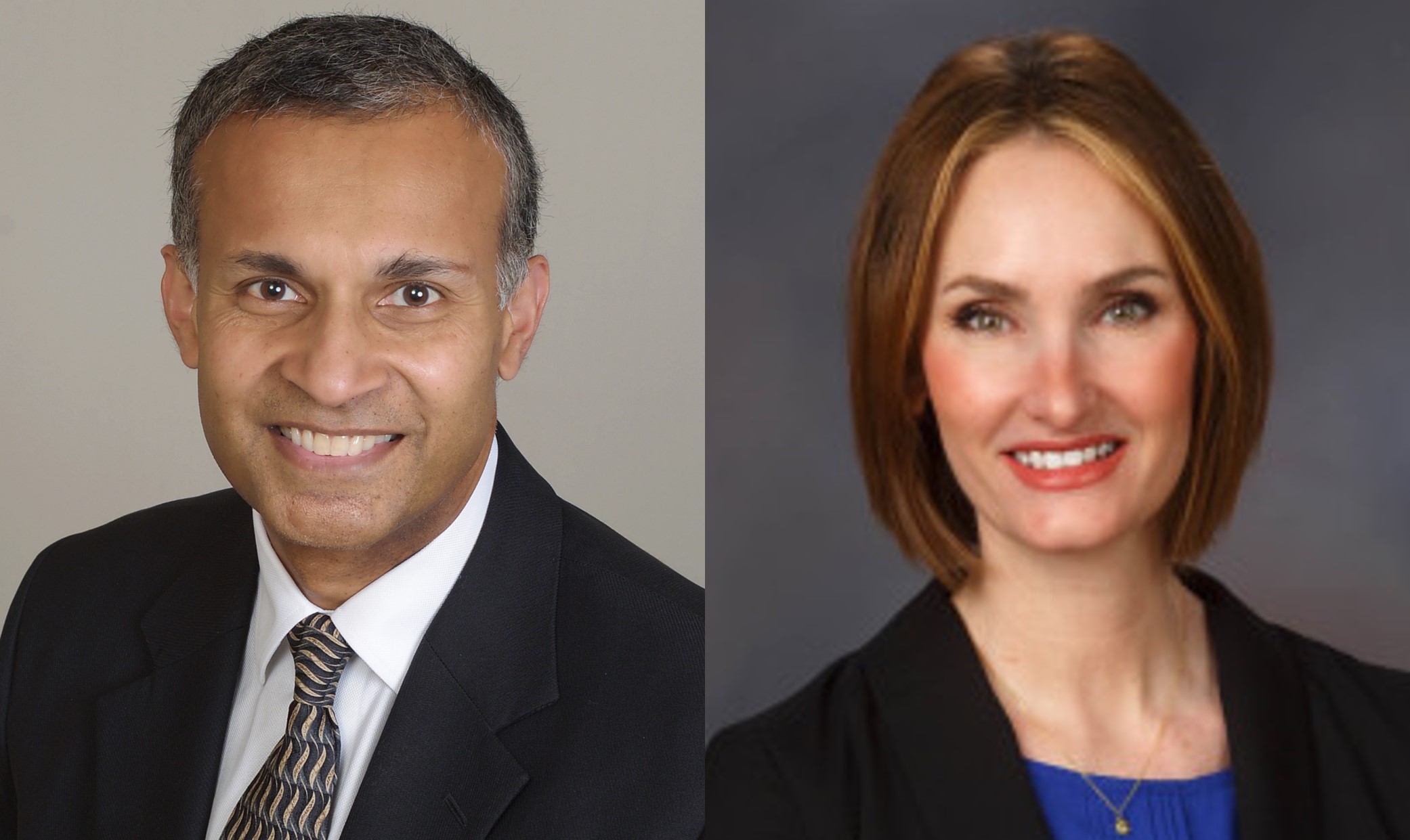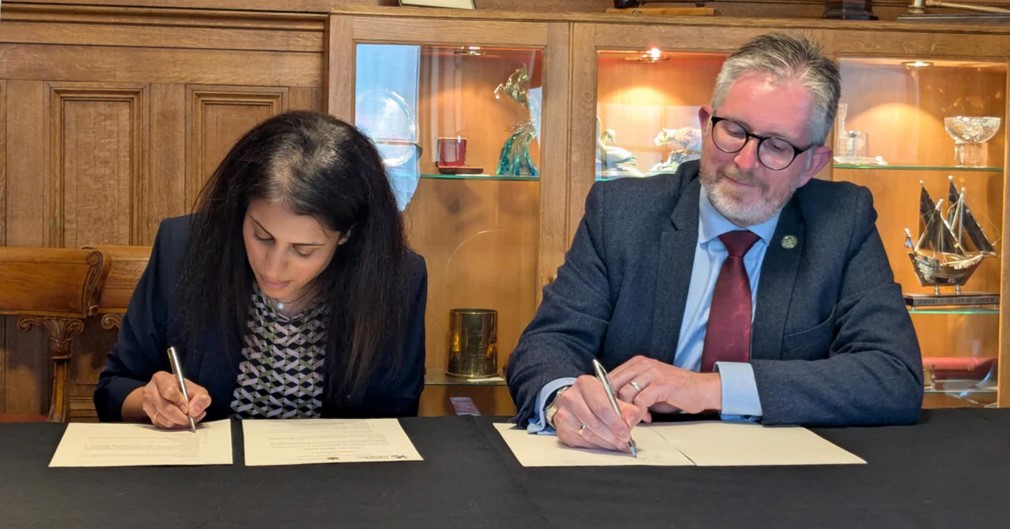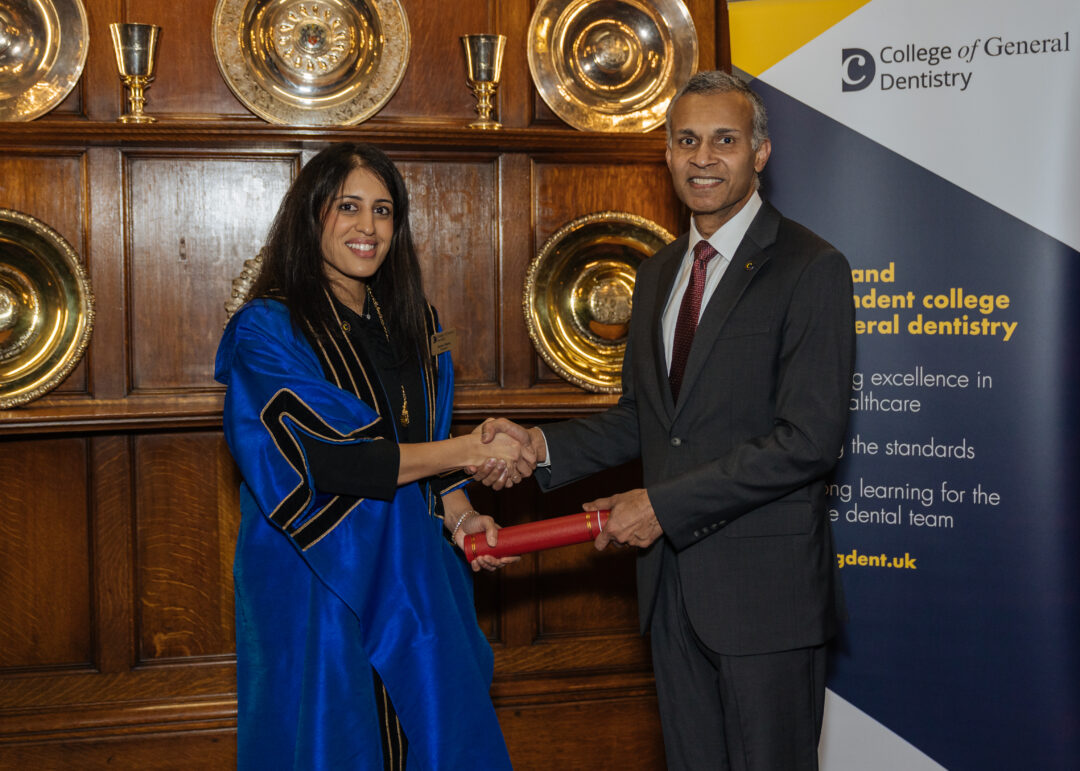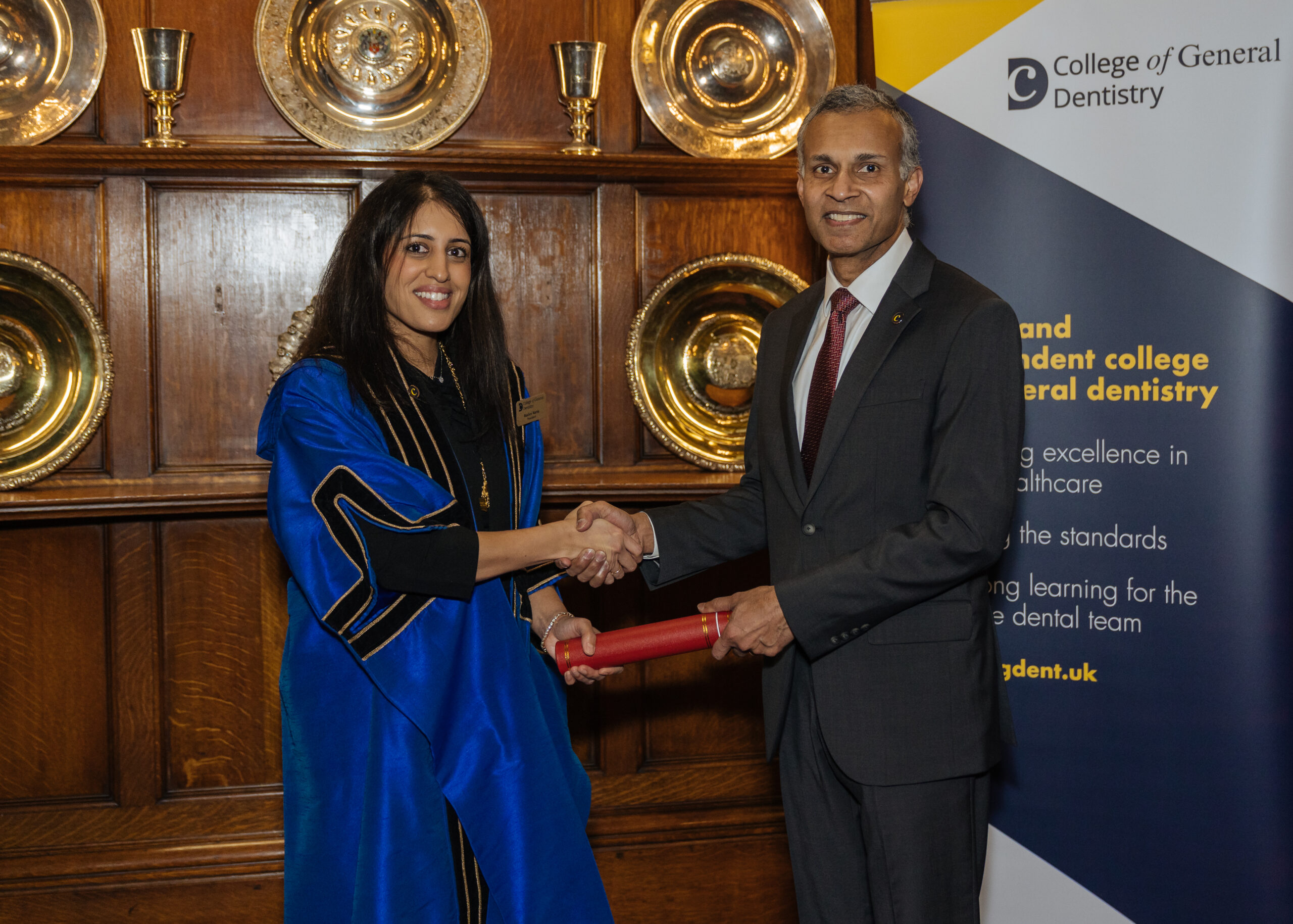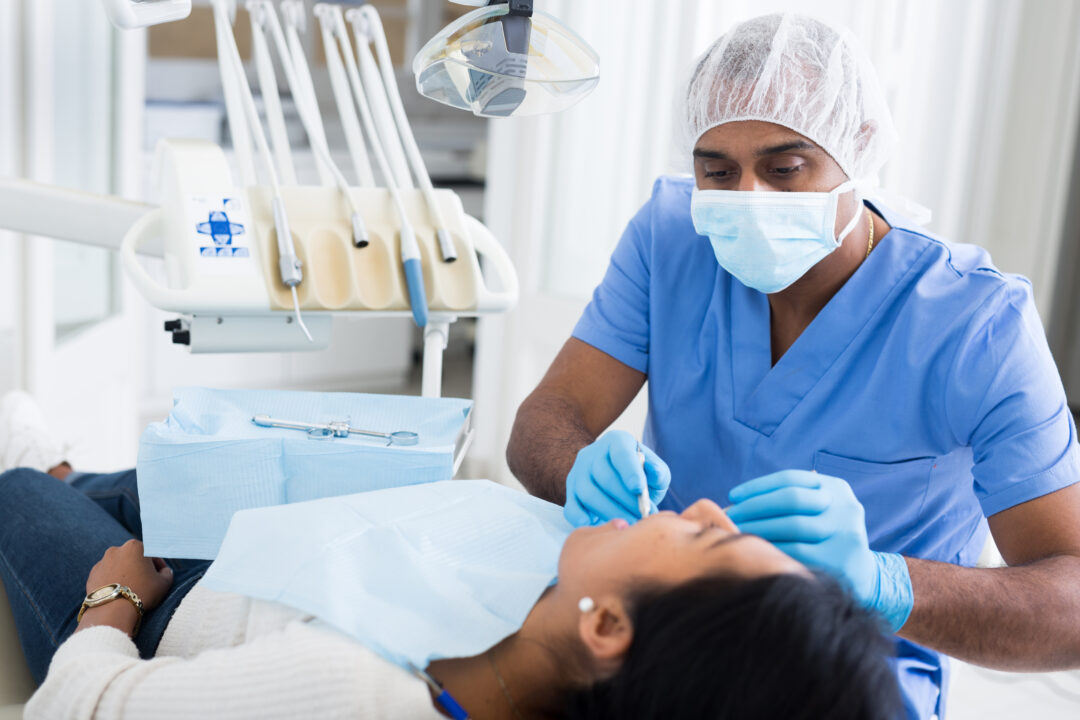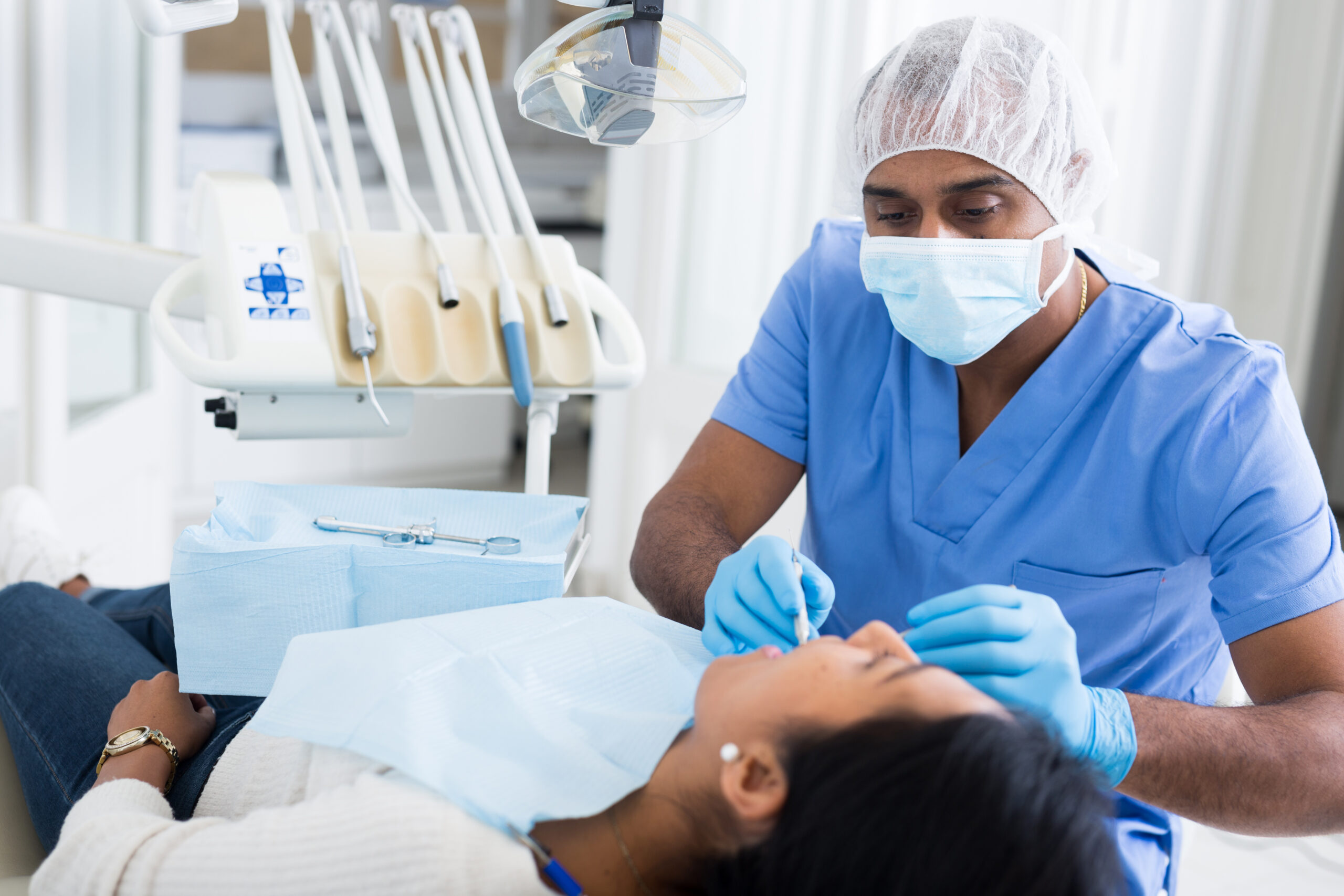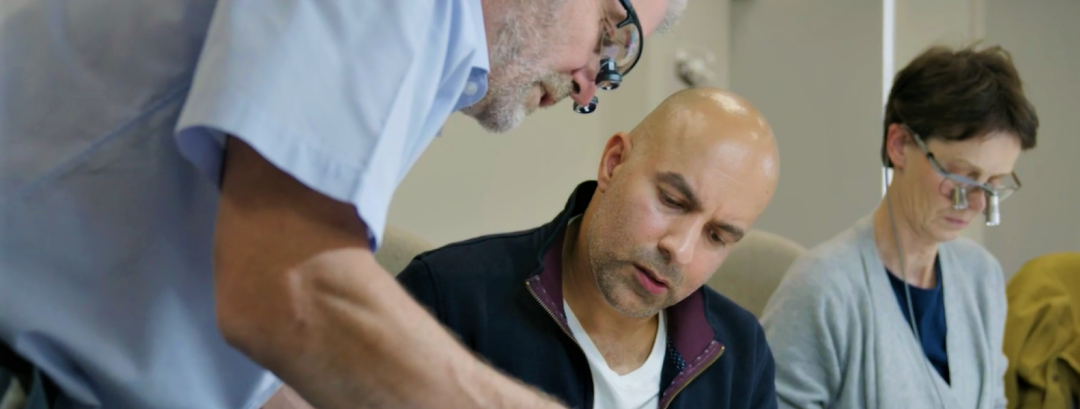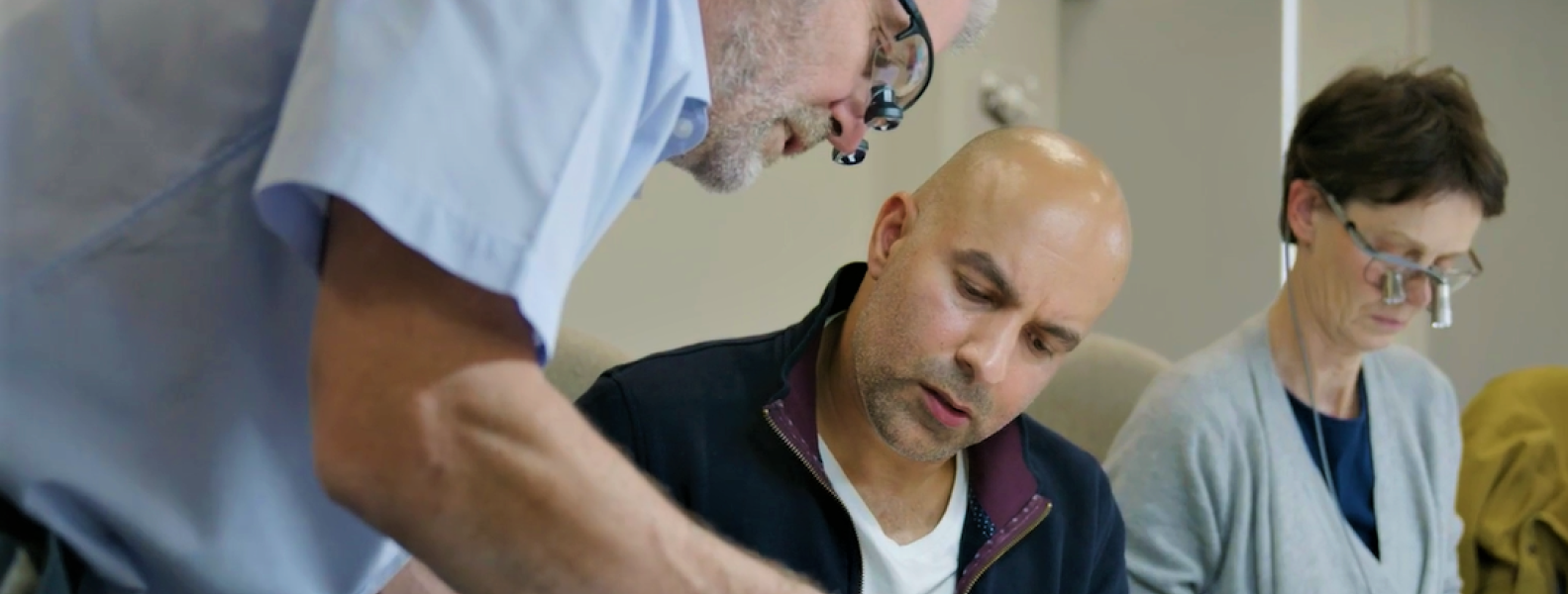Poppy Dunton, the newly appointed Chair of the Board of the College’s Faculty of Dental Hygiene and Dental Therapy, reflects on her career in dentistry and how her mantra that “every day is a school day” has supported her development.

Never would I have expected to have the career that I have had out of dentistry. I was a disgruntled 15-year-old being told my graphic design two-week work placement had pulled out. With everyone else having picked their placements, I was left with the unexpected choice of a dental practice. “A dental practice! You’ve got to be joking?” I initially thought. Yet, as I made cups of tea and filed blue forms, the hustle and bustle of the place felt surprisingly comfortable. To say I enjoyed it was an understatement.
As the two-week period ended, the principal dentist offered me a part-time after-school job – making tea and cleaning the old impression trays (pre-single use era), and earning £3.15 per hour. I jumped at the chance, feeling like I was made of money. Every day after school, I would walk and do my 4pm–6.30pm shift. When a trial day at Northampton College for photography didn’t sit right with me, I informed the principal dentist that evening. My father was called in for a meeting, and that’s when the principal dentist said, “I’ll only give her a job here, Graham, if she makes something of her life.” That evening became the catalyst for my passion in dentistry.
The evolution of my career is intricately tied to a commitment to education. I embarked on an evening college course, alongside my apprenticeship, to train to become a dental nurse. Tuesday evenings in Milton Keynes led to passing the NEBDN Certificate in Dental Nursing. Once I had this, I spent the following months learning as much as possible – four-handed dentistry, impression taking, and implant nursing. The practice grew, and another was bought over the road, giving me the chance to set up an oral hygiene programme.
Following my return from Cardiff University, where I completed a Diploma in Dental Hygiene and Dental Therapy, I was privileged enough to be offered my job back in the practice where I had started. The first week was a week to remember; I ran an hour late, fell down the stairs, and stuck two teeth together. I had the most patient mentors, and working in an NHS practice was fantastic, allowing me to complete my full scope of practice, including paediatrics. Was it hard? Yes. Did it teach me speed and resilience? Absolutely.
After graduating in 2012, there were limited postgraduate options. Notable pursuits included constantly upskilling and working in a team supportive of therapists. Composite courses with GC in Belgium, a Level 6 qualification in employment law, and being promoted to operations manager of two NHS practices – eventually managing a team of 64 staff – led to me being offered a practice manager position four years into my career. This opened learning about people psychology, leadership and planning team meetings alongside my clinical career.
I was privileged enough to then open a squat practice alongside my principal, with a business plan for two surgeries over two years which resulted in 10 surgeries being opened over five years, including a vaccination clinic. Three CQC inspections later, and the role of CQC manager was also added to my repertoire. The most rewarding part of project managing the development of this new practice was recruiting a group of individual dental professionals and watching them grow into a wonderful team.
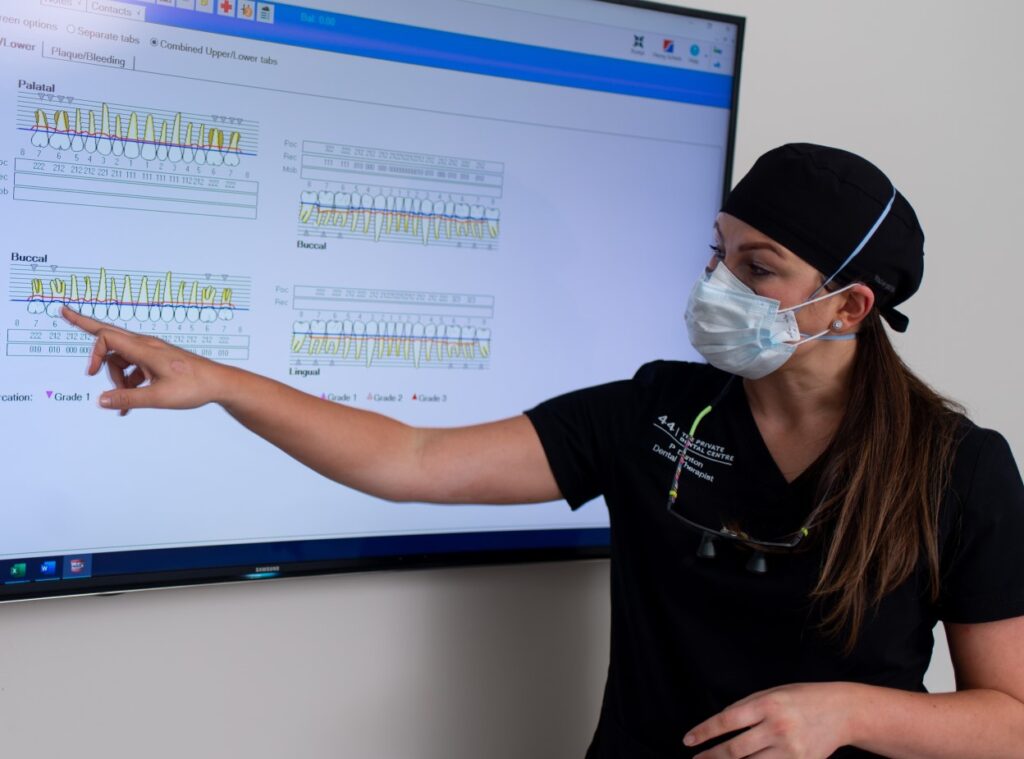
Upon completing the Perio School Diploma in Periodontics for Hygienists and Therapists and the Smile Dental Academy Diploma in Restorative and Aesthetic Dentistry for Dental Therapists, I was introduced to the College of General Dentistry and was eager to explore the recognition I could gain as a dental therapist.
Unfortunately, the course credits were not enough per course to contribute towards Fellowship, so I joined the College’s Certified Membership Scheme (CMS) to gain guidance on how to continue advancing my career and choose the best postgraduate training to reflect my aspirations. As part of the scheme, I have regular contact with a facilitator who consistently ensures that my investment in courses leads me in the correct direction. Ongoing self-reflection allows me to constantly critique myself, and the leadership module fits well with my management of staff, completing practice meetings and public speaking. Being part of the CMS has supported me to complete a City & Guilds Diploma / ILM Level 5 Diploma in Leadership and Management by enabling me to choose an appropriate course and help develop leadership qualities.
The College’s Professional Framework, which underpins the CMS, maps 22 key capabilities, many of which have played a crucial role in my journey. Emphasising the value of postgraduate education, I would encourage new graduates to embrace opportunities for further learning and to constantly be self-critical of their work. Recording self-reflection, taking photographs, and analysing what went well in each case, shadowing peers, or approaching colleagues for their opinions are essential. Don’t fear failure; it’s what makes you better.
In my experience, this profession can be challenging and, at times, isolating. There are days when running late, neglecting notes, skipping meals and even necessities like restroom breaks become the norm. The toll on one’s body—back pain, eye strain, and hand fatigue—can be significant. Looking after your long-term career is vital. Record-keeping has been one of the largest changes I’ve seen, starting in my early career with very short notes. Now, ensuring my conversations with patients are highlights in notes, and my nurses help and scribe during appointments. This has proved invaluable when a complaint arises. Protecting yourself is vital.
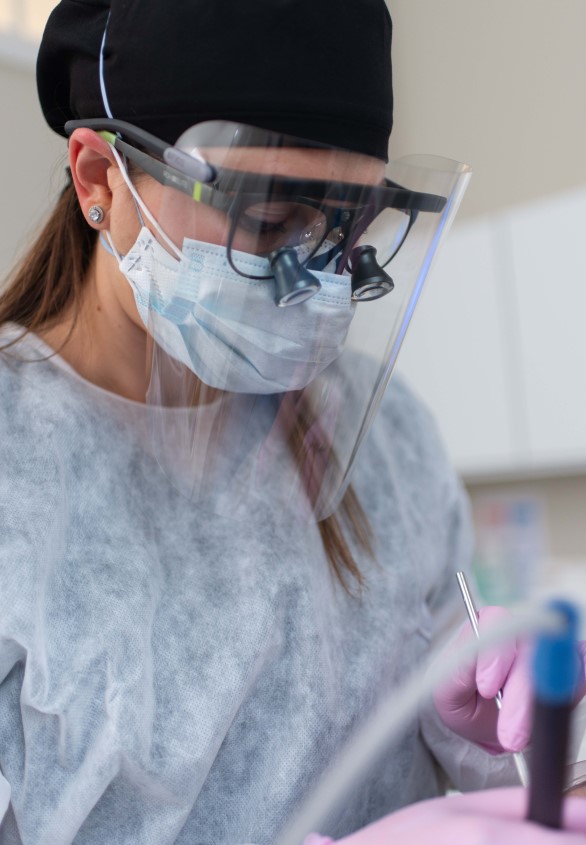
The most unexpected rewards in my dental therapy role often come during these challenging moments. Patient gratitude and the joy of assisting anxious individuals through treatment illuminate the darker days.
This career has allowed me ongoing dedication to continuous learning, reflecting on my mentor’s ethos of “everyday is a school day”. My commitment to education and mentorship is rooted in a desire to guide new professionals in navigating complexities while maintaining their wellbeing. In 2023, I was privileged to join the Board of the Faculty of Dental Hygiene & Dental Therapy for the College, and I am even more privileged to have now been appointed Chair.
Recently I have relocated due to family illness, and this marks the end of a significant chapter in my career, prompting reflection on the unconventional path that led me to the field of dentistry, the intricacies of managing a bustling practice, combined with the personal growth and educational pursuits that defined my journey. Alongside all early career dental professionals, I continue to embrace new challenges and aspirations, remaining steadfast in my commitment to contributing positively to the ever-evolving world of dental therapy.
Further details of Poppy’s career to date, and of the role of the Chair of the Board of the Faculty of Dental Hygiene and Dental Therapy, are available here
Sign up to the College’s monthly newsletter
This article has been updated from a previous version published on 24 January 2024

